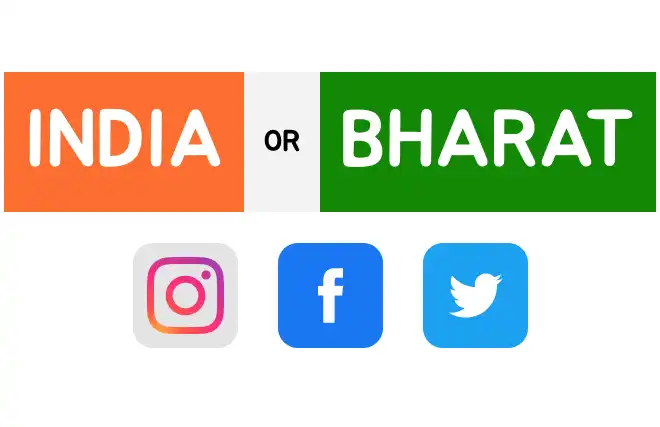The Row Over NCERT’s Suggestion to Replace ‘India’ with ‘Bharat’ in Textbooks

In a recent development, the National Council of Educational Research and Training (NCERT) in India has recommended a change in school textbooks. They proposed replacing the term ‘India’ with ‘Bharat.’ This recommendation has sparked a significant debate and a bit of controversy. Let’s delve into this issue and try to understand what it means.
Why the Suggestion?
The NCERT committee’s rationale behind this suggestion is to promote a sense of national identity and cultural heritage among students. They believe using ‘Bharat’ instead of ‘India’ could help connect students with their rich history and heritage.

What’s the Controversy?
Not everyone has the same opinion about this proposal. Several political parties, including the Communist Party of India (Marxist) and the Congress Party, have voiced their opposition. They argue that changing the name in textbooks won’t necessarily foster a stronger connection with Indian culture and history. Instead, they see it as an attempt to rewrite history and impose a particular ideology.
Public Reaction
People on social media have also expressed mixed opinions. Some view this change as a positive step towards preserving India’s cultural roots, while others are sceptical about the government’s intentions. Memes and jokes about the proposal have flooded the internet, with many humorously suggesting that textbooks should be replaced with WhatsApp forwards.

The Way Forward
The government has yet to make a final decision on this matter. The proposal is still under consideration, and whether ‘Bharat’ will replace ‘India’ in school textbooks remains to be seen.
Final Thoughts
The debate over replacing ‘India’ with ‘Bharat’ in school textbooks is complex. On the one hand, it attempts to instil a sense of national pride and cultural identity. On the other hand, it has stirred controversy, with concerns about political motives and the potential rewriting of history. Young students need to be aware of the ongoing discussions and be critical thinkers.
In this evolving situation, students need to stay informed about the changes happening in their educational materials and the reasons behind them. This debate highlights the importance of understanding the power of words and their impact on our perceptions of history and identity.
For more interesting articles, please visit www.kidzherald.com




